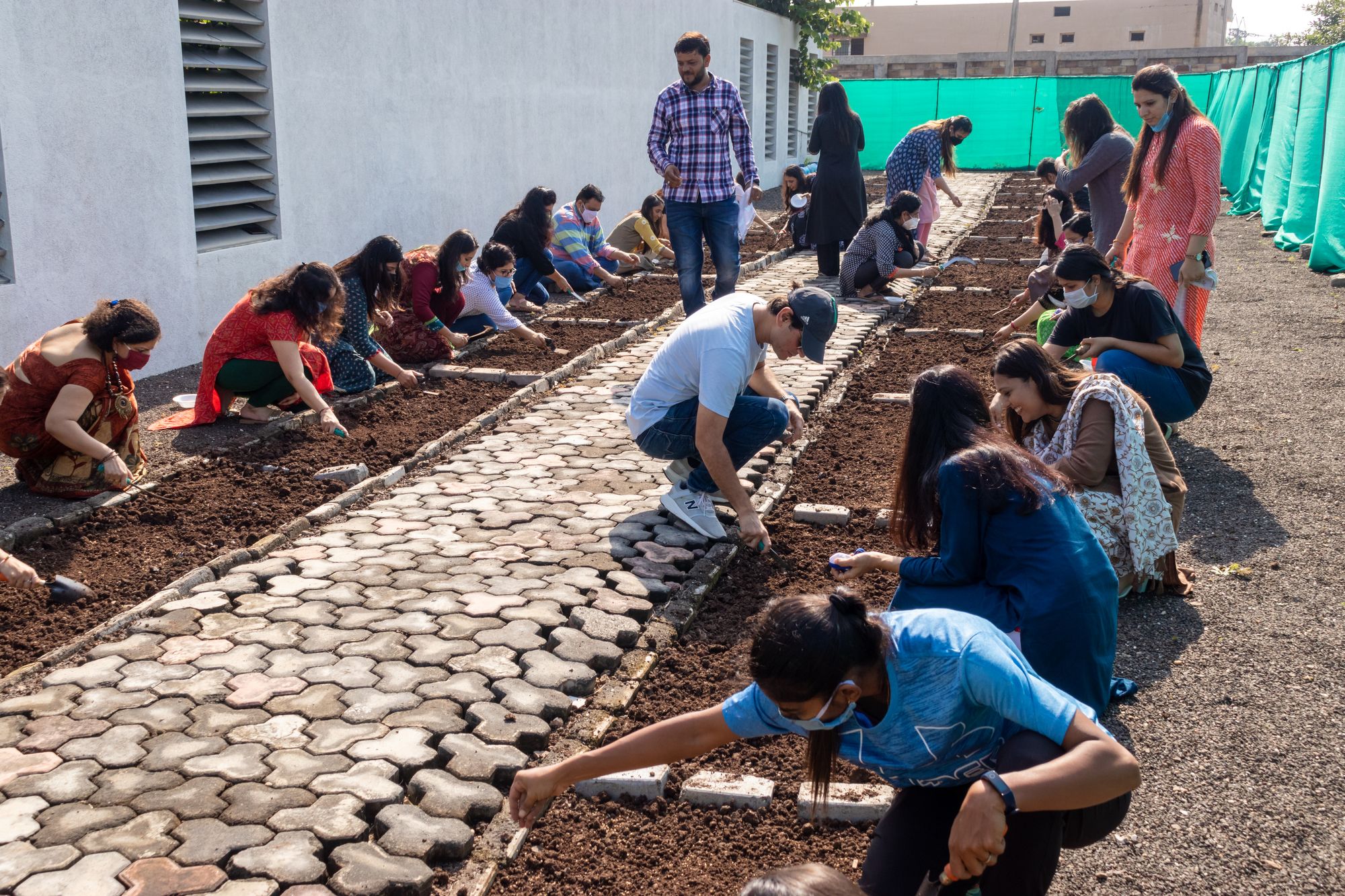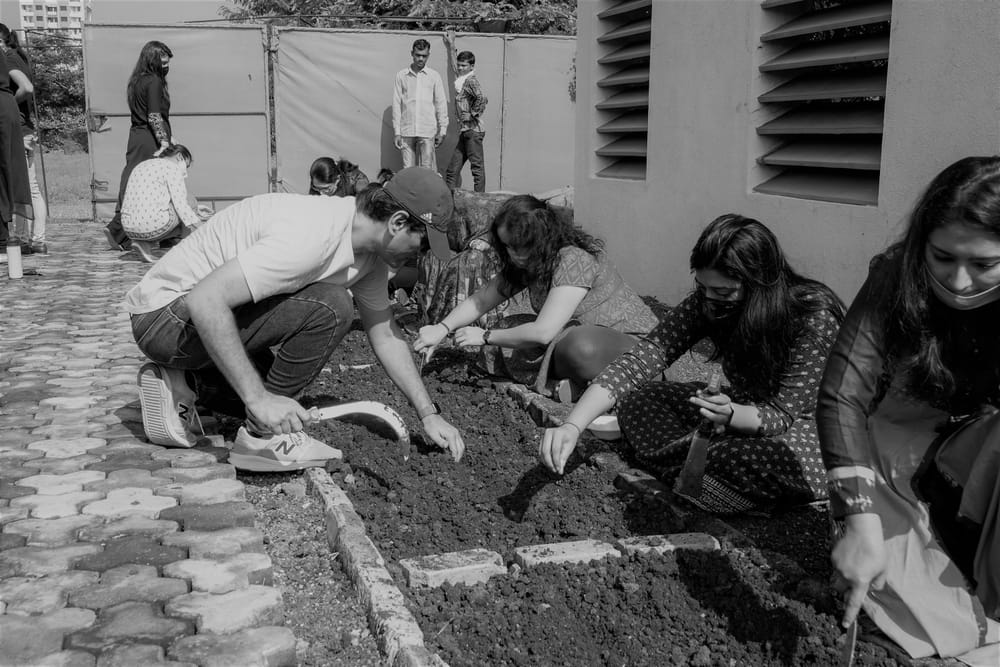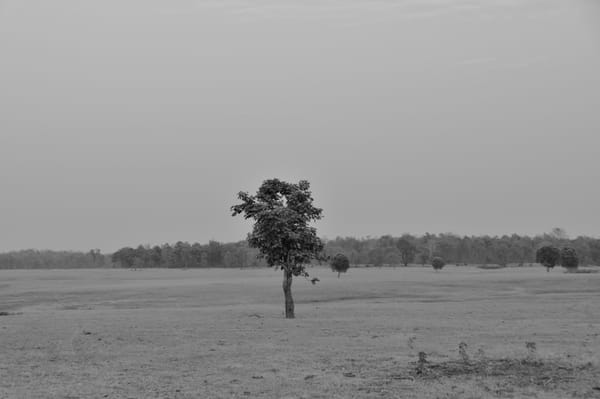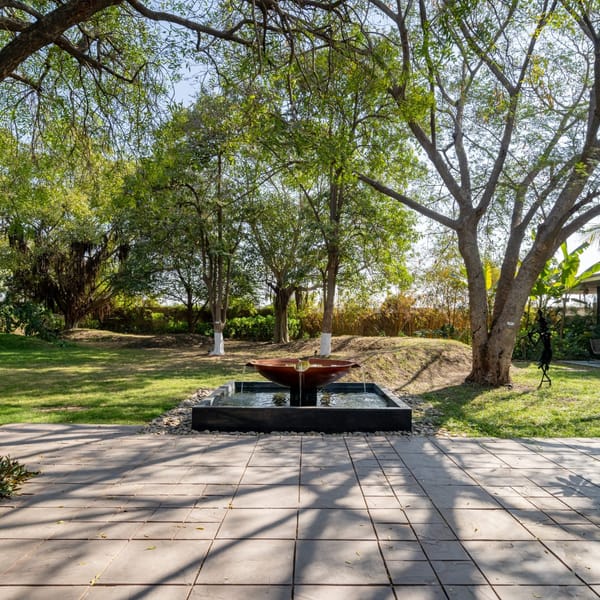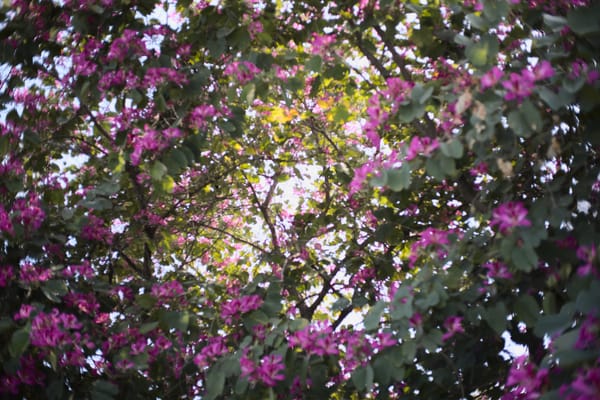We Must Cultivate Our Own Garden
Our garden has been barren for many months now. The kids, who tend to this garden, are living strange lives in their own homes; disconnected from each other and from us. This Teachers' Day we brought it alive again. It has been two years since we started the horticulture program. As I reflected on why we started this and what it means, I was reminded of Candide by Voltaire.
Travelling through Europe and witnessing poverty, destitution, destruction, corruption and the wickedness of the human soul, Candide and his friends, Professor Pangloss and Martin, arrive in the Ottoman Turkey. They seek a dervish. The dervish knows. When Candide asks "why is man made to suffer?", the dervish says that "men are like mice on a ship sent to Egypt by the King and the comfort of mice is of no concern to the King". The seekers return, unsatisfied. On the way back they meet a Turk and ask him about his philosophy. The Turk says his philosophy is to do small, simple work that will wear him out by the end of the day and keep him from "poverty, vice and boredom". That, to him, is tending his small garden which sustains his family. He knows nothing of the Muftis and Viziers who were just killed in the capital. Neither does he care. Simply cultivate your own garden. Il faut cultiver notre jardin.
We did not start gardening in school with Voltaire's Candide in mind. My goal was to experience the slowness of cultivation. But Candide's lesson is important. I find myself deeply affected by the general state of affairs and that is decidedly harmful. We need to find solace in our own garden. Just as Candide and Pangloss and Martin did after returning; tending to their farm. If Voltaire's Candide speaks to you, then cultivate a benign ignorance of the world. Tend to your own garden. Make a small bed and grow spinach or carrots or perhaps, oranges and pomegranates.
